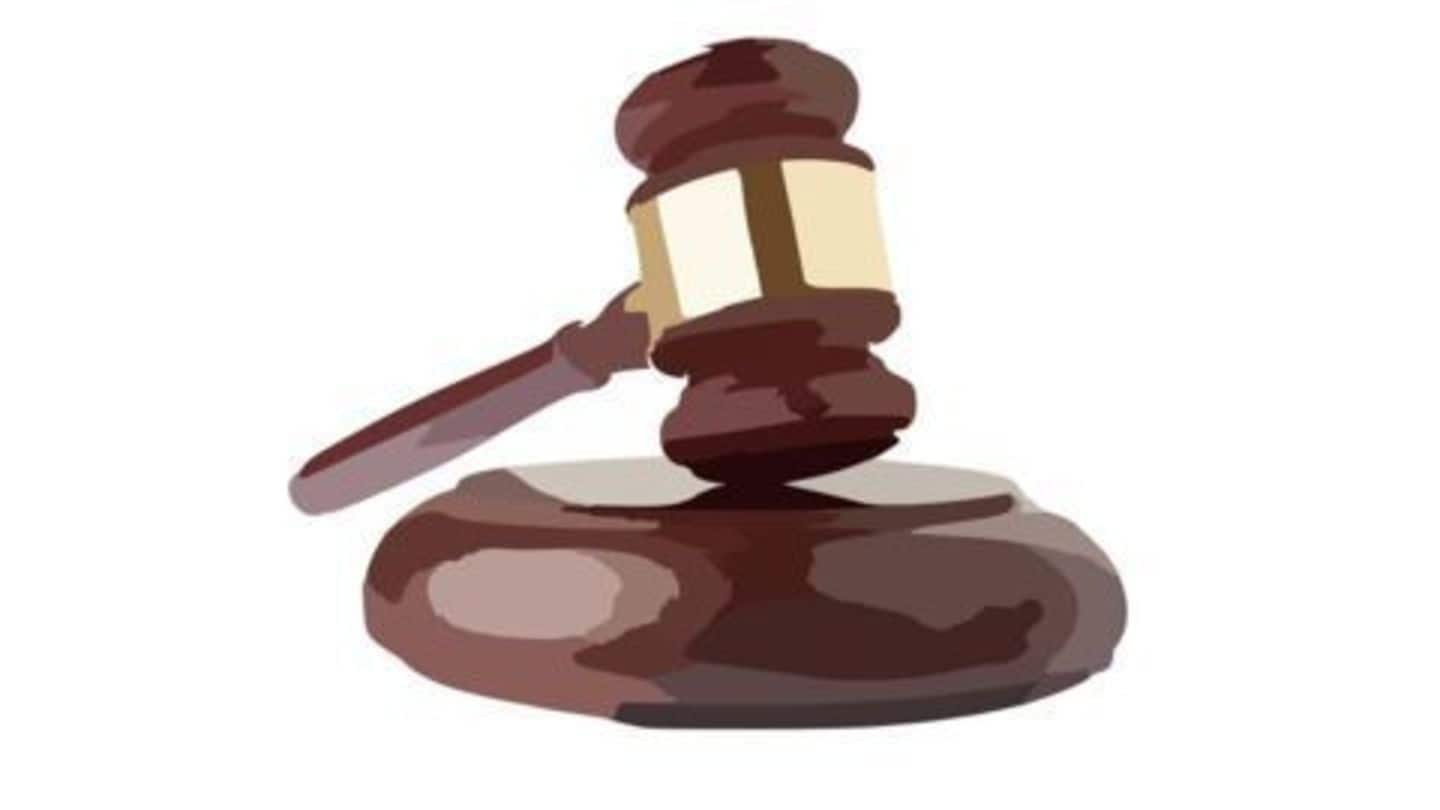
Gujarat court refuses to ban a book mocking PM Modi
What's the story
Civil court judge AM Dave has dismissed a plea seeking ban on a Gujarati satirical book 'Feku Ji Have Delhi Ma' (Feku is now in Delhi).
Justice Dave cited Article 19, holding that banning the book would violate the fundamental right of freedom of expression.
He said that the book does not pose any threat to the unity and sovereignty of the country.
About the controversial book
'Feku Ji Have Delhi Ma' arouses controversy
Jayesh R. Shah, author of the book titled 'Feku Ji Have Delhi Ma', has published the controversial book.
The book is an alleged satire on tall promises and claims made by PM Modi during his campaigning for the parliamentary elections in 2014.
During general elections 2014, Modi's opponents referred to him as 'feku' (boastful).
About the petitioner
Who is Narsinhbhai Solanki?
Narsinhbhai Solanki, a social worker and Modi supporter, has filed a petition against JR Shah's book on the promises made by PM Modi and his subsequent failure to deliver on the same.
He said that the book "offended and hurt his sentiments and its derogatory title also defamed Prime Minister Narendra Modi."
Mr. Solanki has made PM Modi a respondent in his civil suit.
Quote
Devil's advocate
M.S. Bhavsar, Mr. Solanki's advocate said that his litigant had demanded an immediate ban on the sale of the book. "This (two years) is too short a period... It is not fair to judge him (PM Modi) so soon and publish books with defamatory titles."
False promises by Modi sarkar
Author's personal opinions or opposition's initiative?
JR Shah, a resident at Paldi in Ahmedabad, works as an office secretary for the Congress party in Gujarat.
In response to all the controversy surrounding the book, the author said, "The Modi sarkar is a copycat sarkar. They have only changed the names of earlier Congress' schemes and given them new names. They have not done anything new."
Definition
What is Article 19?
Article 19 of the Indian Constitution provides every citizen of India the right to with the freedom of speech and expression. It is a fundamental right protected by the Central Government Act.